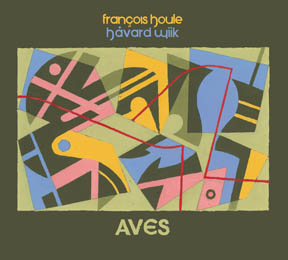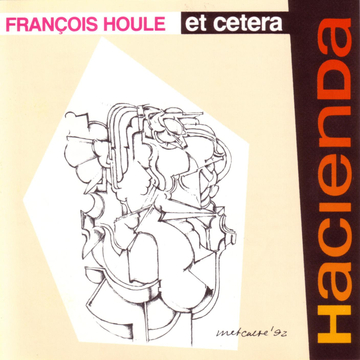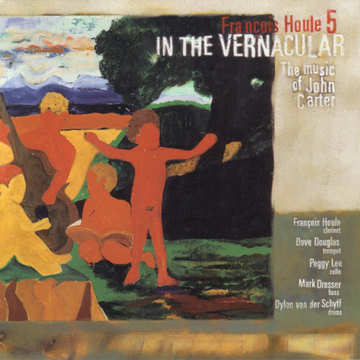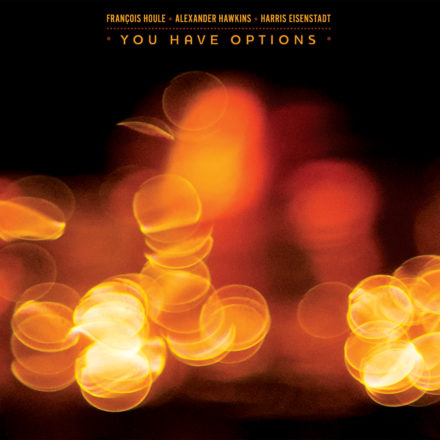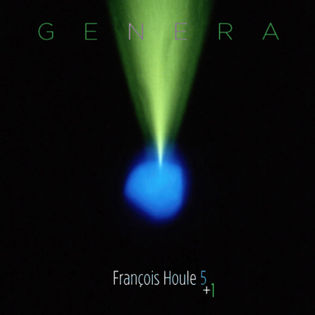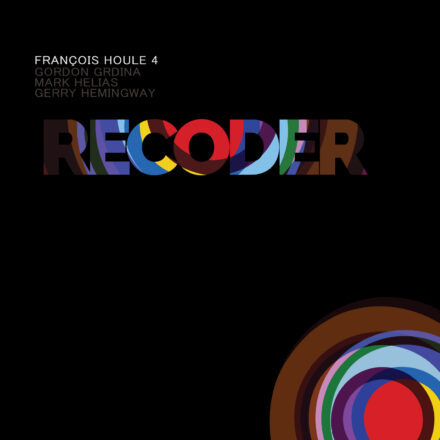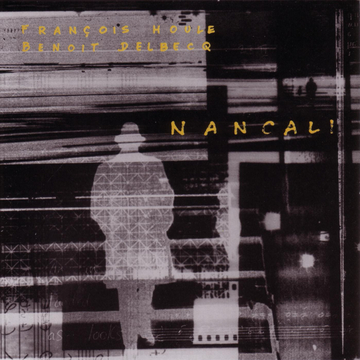François Houle and Håvard Wiik
Aves
SGL1601-2“…one of the best-sounding clarinetists in improvised music…”
—Ben Ratliff, NY Times
“…how Mehldau might sound were he to be a considerably freer thinker…”
—John Kelman, AllAboutJazz
This project came about when Ken Pickering, artistic director of the Vancouver International Jazz Festival, programmed a duo concert at the 2011 festival. Houle, based in Vancouver for almost 25 years but originally from the Montreal area, and Wiik, Norwegian but living in Berlin, had performed together before a few times before: Francois had played with members of Atomic and with Ken Vandermark’s Free Fall Trio, and sat in with Havard’s own trio at the 2009 Vancouver festival. But this was their first program as a duo. They both brought new compositions to the project, as well as playing a number of free pieces and one by pianist Benoît Delbecq. The result, according to Pickering, is “an incredible set of music, a triumph”. Equally notable is the sound of the session, which was recorded at the Vancouver Academy of Music in 24 bits/176.4K.
Houle of course has had a fruitful 15+ year collaboration with Delbecq, most recently documented on the duo Because She Hoped (Songlines, 2011) and in Houle’s 5+1 Ensemble on Genera (Songlines, 2012). How does this new duo compare? “Well, totally different sensibility than Benoît, but the same great ears and deep knowledge of music. I don’t really want to compare their pianistic approaches, as the main thing for me is how a good musician and improviser will get ‘inside your head’ and play what you’re about to play! Håvard has that, and then some…” As for the clarinet-piano combination, there are only a few precedents in jazz, though many in classical music – what makes it so satisfying? François: “Having had a serious training as a classical musician [M.M from Yale – ed.] my relationship to the piano is deep, having had to learn most of the traditional repertoire, as well as playing tons of chamber music. Timbre is key here. Both instruments are basically metal tagged to a wooden resonating chamber, so they blend well together. There are very few instances for sure: Kuhn Brothers, Jimmy Giuffre with Paul Bley. Most influential recordings I know have bass or drums in addition. But the duo format that really caught my ears was the long-term relationship of Steve Lacy with two very different pianists, Mal Waldron and Gil Evans. Both really shed light on different aspects of Lacy’s playing. What I like about playing with piano is how it re-contextualizes what you do melodically into a harmonic framework. It forces you to listen more closely to how you connect notes.” Håvard adds: “I’ve always felt that the instruments blend very well sonically, the clarinet takes up less sonic space than the saxophone which gives some more space for the piano. Not many pure clarinet-piano duos in the jazz-canon but some strong combinations, including Tony Scott and Bill Evans.”
What’s unique about this duo is partly the timbral qualities and partly the players’ different but compatible approaches to composing and improvising. Houle brings his arsenal of extended techniques, including slap tonguing (“Woodhoopoe”), flutter-tonguing, playing without a mouthpiece (“Ged’s Shadow”), and, in “Fallen Angel”, creating a melody softly shadowed a 12th below (this ‘duo tone’ is actually the fundamental with the 5th partial emphasized). But he uses them rather sparingly. Wiik’s often dynamic free/modal approach brings out Houle’s melodic gifts to the full. Charged rhythmic interplay and subtle textural shadings further display their mutual understanding. As Houle puts it, “I felt, as I listened back to the session’s music, that there was this undercurrent of things unsaid, that we as musicians feed off of. A lot of fleeting shadows of ideas flying by, with the two of us trying to catch on to, play with, and release.” (“Ged’s Shadow” references Ursula Le Guin’s Earthsea trilogy and specifically his detached shadow that eerily stalks the young mage Ged/Sparrowhawk.)
